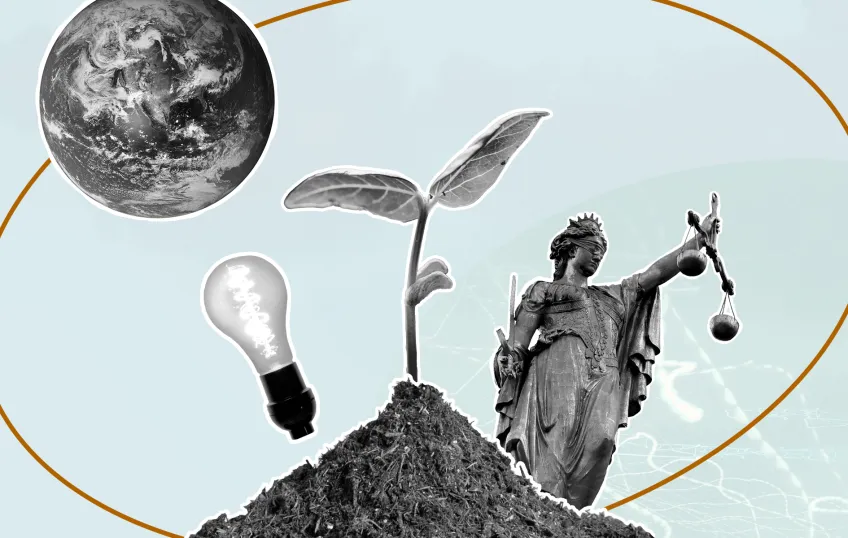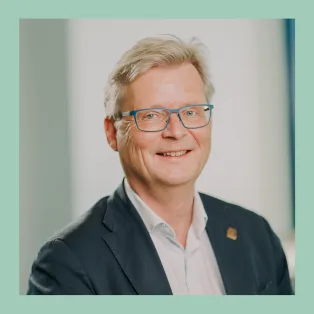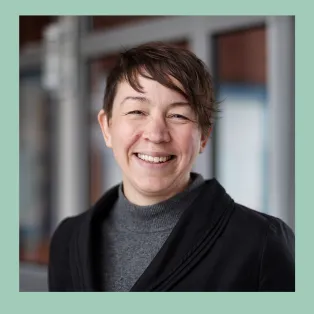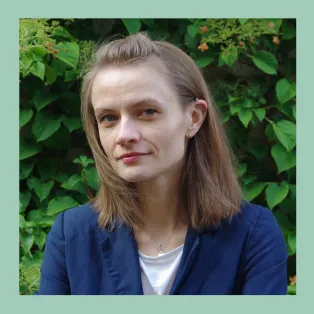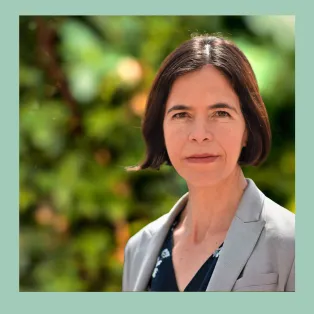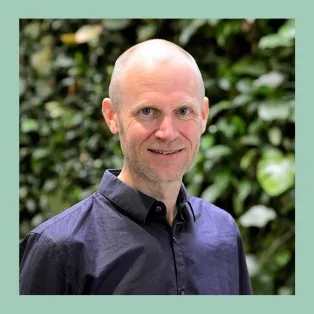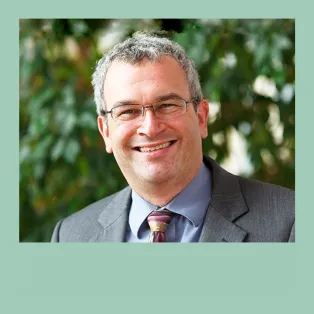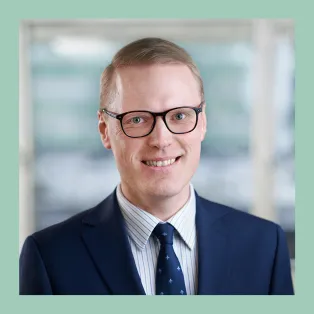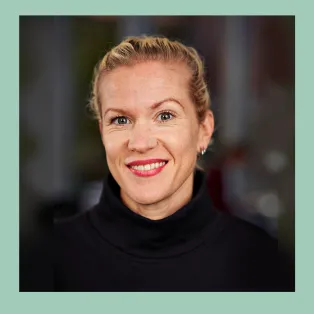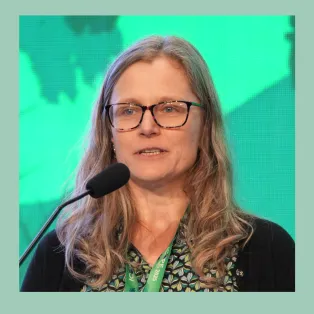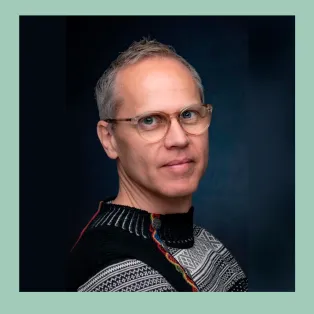Conference Programme 9 Dec 2025
Knowledge for Sustainable Development - Breaking barriers to climate solutions
08:30-09:10 Check-in and mingle with coffee
Registration and check-in at AF-borgen.
09:15-09:30 Opening of the conference
Venue: Lilla salen
Welcome greetings by Per Mickwitz, Pro Vice-Chancellor at Lund University.
09:30-10:10 Keynote presentation
'EU climate targets, climate-related research and deep carbonization'
Venue: Lilla salen
Keynote speaker: Lars J. Nilsson (Lund University)
Lars J. Nilsson is a Professor and Head at the Department of Technology and Society, Faculty of Engineering at Lund University. His research revolves around decarbonization transitions, including climate and industrial policy. He was coordinating lead author for the Industry Chapter in IPCC AR6 WGIII report (2022) and he is a member of the European Scientific Advisory Board on Climate Change.
10:10-10:30 Short break to divide into Parallel sessions
10:30-11:45 Parallel sessions
Roundtable discussions with introduction from people in pre-dialogue
Session 1: Energy transition
Speakers:
Elna Heimdal Nilsson is a Professor at Combustion Physics at Lund University and Head of Department at School of Aviation, as well as Assistant Director of CESTAP. Elna is involved in research concerning chemical kinetics in combustion processes. The research is mainly development of chemical kinetics models of a range of fuels, fossil fuels as well as biofuels.
Ewa Marek is Associate Professor in the Department of Chemical Engineering and Biotechnology at the University of Cambridge, where she leads the Energy Reactions and Carriers Group. Her research focuses on sustainable and renewable ways to generate heat, power, and chemicals, using her expertise in the power and chemical sectors to forge pathways towards a net-zero future. She also investigates the production, application and processing of new fuels and energy vectors.
Dr Ewa Marek | Department of Chemical Engineering and Biotechnology
Session 2: Climate and biodiversity
Speakers:
Dr. Claudia Ituarte-Lima is an international public lawyer and scholar with over two decades of experience at the intersection of human rights, biodiversity, and climate change law and policy. She serves as Thematic Lead and Senior Researcher at the Raoul Wallenberg Institute and as Director of the Global Network for Human Rights and the Environment. She has contributed as an expert to the Intergovernmental Platform on Biodiversity and Ecosystem Services (IPBES) and the European Parliament.
Claudia Ituarte Lima | Lund University Research Portal
David Edwards is Professor of Plant Ecology, and Head of the Tropical Ecology and Conservation Group in the Department of Plant Sciences at the University of Cambridge. His research focuses on the conservation of tropical forests and biodiversity, and he is the founding Director of the Centre for Global Wood Security. His group uses intensive field study, remote sensing, global mapping, land-use modelling, and environmental economics to tackle key questions in forest ecology, management, and conservation, with a focus on issues of global policy significance.
David Edwards | University of Cambridge Department of Plant Sciences
Session 3: Adaptation, loss and damage
Speakers:
Professor Nazia M Habib, FRSA, is the Founder and Research Centre Director for the Centre for Resilience and Sustainable Development (CRSD). She holds a Professor equivalent post with appointments at the Department of Engineering and Department of Land Economy at the University of Cambridge.
Full bio coming soon.
Åsa Knaggård is anssociate professor and senior lecturer at the Department of Political Science at Lund University. Her research focuses on the relation between science and politics.
Full bio coming soon.
11:45-12:00 Short break
12:00-12:30 Keynote presentation:
‘The evolving role of law in strengthening climate action‘
Venue: Lilla salen
Keynote speaker: Harro van Asselt, University of Cambridge
Harro van Asselt is a professor and holds the Hatton Professorship in Climate Law at the University of Cambridge. At Cambridge he is also a Law Fellow at Hughes Hall. He is also a Professor of Climate Law and Policy at the University of Eastern Finland Law School, and an Affiliated Researcher with the Stockholm Environment Institute. Professor van Asselt has published extensively in the field of climate change law and policy, covering developments in international, European, and national climate law and governance. He has contributed to high-level reports informing policymakers, such as the IPCC’s 6th Assessment Report and UNEP’s Emissions Gap and Production Gap reports.
Harro van Asselt | University of Cambridge Department of Land Economy
12:30-13:30 Lunch break
13:30-14:45 Panel discussion
‘A Sustainable future-at what cost?’
Venue: Lilla salen
David Reiner is a political scientist and Professor of Technology Policy at Cambridge Judge Business School, where he is Assistant Director of the Energy Policy Research Group. His research focuses on energy and environmental policy, with a particular emphasis on the politics of climate change and the social acceptability of low-carbon or net-negative mitigation options for achieving net zero targets. He is an advisor to government, industry and non-governmental organisations on energy and environmental policy, and is frequently interviewed in national and international media.
David Reiner | University of Cambridge Judge Business School
Panelists
Ewa Marek is Associate Professor in the Department of Chemical Engineering and Biotechnology at the University of Cambridge, where she leads the Energy Reactions and Carriers Group. Her research focuses on sustainable and renewable ways to generate heat, power, and chemicals, using her expertise in the power and chemical sectors to forge pathways towards a net-zero future. She also investigates the production, application and processing of new fuels and energy vectors.
Dr Ewa Marek | Department of Chemical Engineering and Biotechnology
David Edwards is Professor of Plant Ecology, and Head of the Tropical Ecology and Conservation Group in the Department of Plant Sciences at the University of Cambridge. His research focuses on the conservation of tropical forests and biodiversity, and he is the founding Director of the Centre for Global Wood Security. His group uses intensive field study, remote sensing, global mapping, land-use modelling, and environmental economics to tackle key questions in forest ecology, management, and conservation, with a focus on issues of global policy significance.
David Edwards | University of Cambridge Department of Plant Sciences
Fredrik N. G. Andersson is Associate Professor of Economics at Lund University. His research examines climate change, industrial transformation, and the long-term evolution of economic policy. He explores how historical transformations can inform the transition to a low-carbon economy and how learning and institutional change shape pathways of change. Through both research and policy engagement, he contributes to debates on how governments and markets can work together to steer transitions that are economically viable and environmentally sustainable.
Fredrik N. G. Andersson | Lund University Research Portal
Moa Petersén is an Associate Professor in Digital Cultures at Lund University. Her research explores how technology is implemented, imagined, and integrated into everyday life, focusing on the social and ethical challenges that accompany technological change. Petersén examines how new systems—such as cashless payment infrastructures—affect inclusion, accessibility, and individual rights. She is particularly interested in the social consequences of digitalization, asking who is empowered or excluded when new technologies are adopted.
14:45-15:00 Short break to divide into Parallel sessions
15:00-16:00 Parallel Sessions
Roundtable discussions with introduction by speakers
Session 1: No space to spare: how to balance natural space and societal needs
Introduction speaker: Lynn Dicks
Lynn Dicks is Professor of Ecology at the Department of Zoology, University of Cambridge. She leads a research group working on sustainable agriculture and insect conservation, and teaches ecology and conservation on the Cambridge Natural Sciences degree course. She is a co-lead of the Centre for Landscape Regeneration, where she conducts research at the interface between agro-ecology, policy, and the food and farming industry. Lynn is also a co-chair of Natural England’s Science Advisory Committee (NESAC).
Session 2: Understanding future risks in a changing climate and society
Introduction speaker: Per Becker 'Our dynamic risk landscape'
Per Becker is Professor of Risk and Sustainability at Lund University, Professor of Leadership and Command & Control at the Swedish Defence University, and Extraordinary Professor of Environmental Sciences and Management at North-West University. He has combined academia with a professional career in humanitarian assistance and international development cooperation, working for national authorities and international organisations focused on disaster risk reduction and climate change adaptation. His research interests focus on the systemic interactions between the physical environment, social organisation and social behaviour in relation to societal safety, security and sustainability. Especially on issues of governance, collaboration, risk and vulnerability, on what makes society resilient to disturbances, disruptions and disasters, and on capacity development as an intentional process for increasing such resilience.
16:00- Summary of the conference + glögg mingle
Time for the event
9 December 2025 08:30 to 17:00
Location
AF-borgen, Sandgatan 2, Lund and online
Target group
Researchers associated with Lund University and University of Cambridge, as well as other researchers, stakeholders, and students who wish to join the discussions and share their views are invited to learn more about research conducted at Lund University and University of Cambridge.
Language
English
Contact
ylva [dot] van_meeningen [at] cec [dot] lu [dot] se (ylva[dot]van_meeningen[at]cec[dot]lu[dot]se)
The conference is organised by the Research Board and the Sustainability Forum at Lund University in collaboration with Cambridge Zero at University of Cambridge.
Learn about Cambridge Zero | Cambridge Zero webpage
A collaboration between Lund University and University of Cambridge


